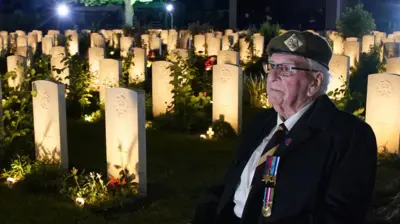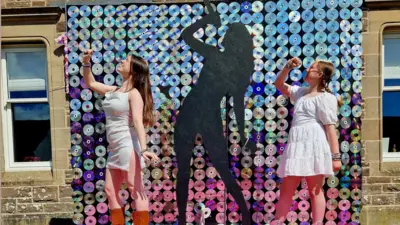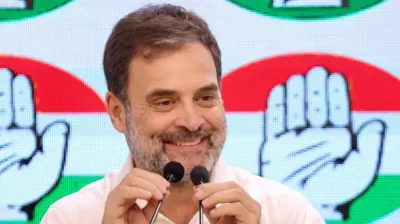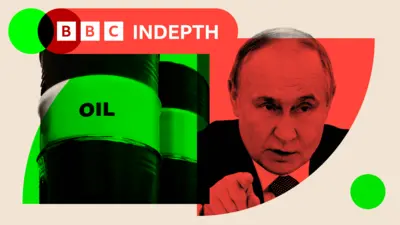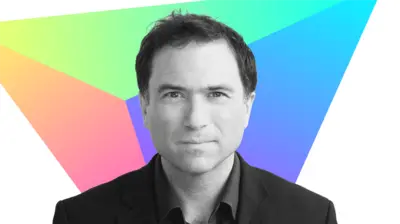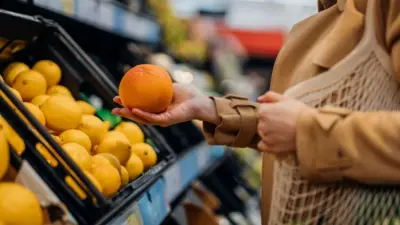We've updated our Privacy and Cookies Policy
We've made some important changes to our Privacy and Cookies Policy and we want you to know what this means for you and your data.
George Floyd death: Matt Hancock urges UK public to avoid protests
Image source, PA Media
Health Secretary Matt Hancock has urged people not to breach lockdown rules to take part in mass demonstrations following the death of George Floyd.
He told the Downing Street briefing he was "appalled" at the African American man's death, but that coronavirus remains "a real threat".
Black Lives Matter protests are planned in towns and cities across the UK this weekend.
A senior Met Police officer earlier warned such gatherings were "unlawful".
Protests began in the US after a video showed Mr Floyd, 46, being arrested on 25 May in Minneapolis.
Footage showed Mr Floyd gasping that he could not breathe during the arrest by four officers. They have since been charged over the death which sparked days of protest in the US and Black Lives Matter demonstrations across the world.
Mr Hancock said: "Like so many, I am appalled by the death of George Floyd and I understand why people are deeply upset, but we are still facing a health crisis and coronavirus remains a real threat.
"The reason that it is vital that people stick to the rules this weekend is to protect themselves and their family from this horrific disease.
"So please, for the safety of your loved ones, do not attend large gatherings, including demonstrations of more than six people."
Home Secretary Priti Patel echoed Mr Hancock's comments, urging people to avoid large gatherings "for the safety of all of us".
This article contains content provided by Twitter. We ask for your permission before anything is loaded, as they may be using cookies and other technologies. You may want to read Twitter cookie policy and privacy policy before accepting. To view this content choose 'accept and continue'.
End of Twitter content, 1
Stay apart
One doctor warned on Saturday the UK was "balanced on a knife edge" and those attending protests should take steps to protect themselves from the virus.
Sarah Jarvis told BBC Breakfast that, while people feel strongly about the reasons behind the protests, those attending should continue to stay distant from one another.
"Coronavirus is no respecter of the good cause for which you are going out," she said.
"If you are protesting, please be sensible, I know you feel strongly about it, but please socially distance but actually if you can't socially distance even outside please wear a face covering."
Demonstrations have been taking place throughout the week to protest about the treatment of Mr Floyd.
Thousands attended a march through London on Wednesday, while others have taken place around the UK, including in Birmingham.
The Metropolitan Police's Deputy Assistant Commissioner, Laurence Taylor, told the BBC the "health protection regulations are really clear that it is unlawful."
But he added that those who do go out should "observe social distancing".
Mr Taylor told the Today programme the force "recognise the really strong feelings that people have, but we would urge people not to gather in these large groups".
"If they do come out, then we would ask them to observe that social distancing [and] think about those around them," he added.
Earlier on Friday, people got down on one knee for an anti-racism protest in London's Trafalgar Square. They knelt two metres apart, carrying placards condemning racism.
Taking a knee is a peaceful gesture to protest against police brutality - the action first carried out by NFL quarterback Colin Kaepernick during the national anthem at an American Football game in 2016.
There are further protests in London set for the weekend, with thousands also expected to attend a demonstration in Bristol.
What do lockdown laws say about protests?
England now has the loosest lockdown in the UK, with no restrictions on going outside. But the rules (officially known as regulations) don't explicitly say anything about whether people can protest or not.
However, regulation seven restricts public gatherings to no more than six people.
The law defines a "gathering" as a meeting involving "social interaction with each other, or to undertake any other activity". And so that means, pretty clearly, that a protest is currently illegal along with any other activity that could increase the spread of the virus.
Scotland's first minister has made similar warnings about mass gatherings.
Nicola Sturgeon said that in other circumstances she may have been planning to join one of the protests herself.
But, at the moment, such mass gatherings are "simply not safe" and pose a "real threat to life", she added. Ms Sturgeon has asked people to find safer ways of making their voices heard.
Events are planned in Scottish towns and cities including Glasgow, Edinburgh, Aberdeen and Inverness over the weekend.
Top Stories
Features & Analysis
Most read
Content is not available


